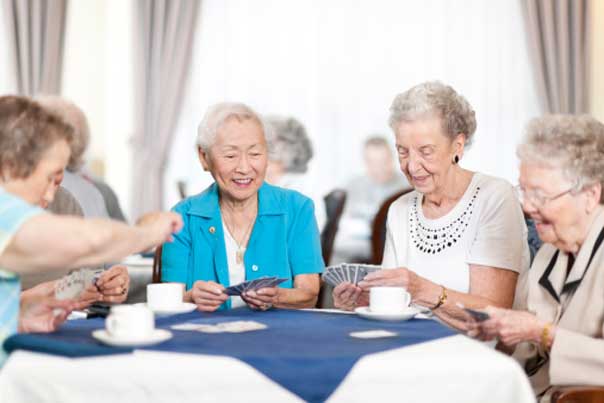It’s Never Too Late … Take Up A New Hobby

We pursue hobbies because they fulfill a need that we wish to address. The billiard player might have an inner love of geometry, or of Newton’s third law of physics, “for every action, there is an equal and opposite reaction.” Some hobbies require problem-solving skills such as playing bridge, canasta or poker, or learning sewing, quilting, or bead work. Little known to many, such hobbies provide a variety of benefits.
Besides being enjoyable pastimes, hobbies keep one mentally sharp, and some can double up as social activities. Your love of card games may stem from an inner quest to create order out of disorder. Grouping cards in like-suits or by similar rank, and playing your cards to overtake an opponent involves strategy, detection, luck, and anticipation, as well as timing, symmetry, and odds.
Boomers often find that enjoyable hobbies from their youth, that they forsook as the years rolled by, are still there for the taking. Coin collecting, stamp collecting, or assembly-type activities require investigation, forethought, decision-making, spacial arrangement, and financial considerations.
The web provides many resources to help you get started on a hobby, or to re-engage in one. Discover a Hobby at www.discoverahobby.com offers a compendium of amenities for identifying and initiating a hobby. The site provides information on how to get started, where to find lessons in your area, and materials you can assemble such as books, audio CDs, videos, instruction guides, and equipment.
Wise Geek, at www.wisegeek.com, and All About You at www.allaboutyou.com offer search engines that take you deeper into the site, in the areas of hobbies, crafts, and the resources you’ll want to tap into to engage in your pursuit.
For one-person hobbies, a world of opportunities awaits. Beyond exploring those sites mentioned above, type the name of your desired hobby into a popular search engine for numerous ideas for getting started. Alternatively, find the “Hobby” section of a bookstore and discover a wealth of information on the hobby of your choice. Used bookstores often prove to be a bargain since many pastimes don’t require cutting-edge instruction–the way you engage in a hobby today is much the way people have been doing so for years.
With many hobbies, local groups meet (usually monthly) for exchange of information, support, and fellowship. For example, if you collect coins in the Triangle area, check out the Raleigh Coin Club at www.raleighcoinclub.org.
Some problem-solving type hobbies can be financially rewarding. If you can make money by buying rare postage stamps at one price and selling them at a higher price, the psychic as well as monetary rewards are obvious. Collectors are often proud of their assemblages. After all, it takes planning, execution, and prudent acquisition techniques to cost-effectively accumulate items that, in the aggregate, will be more valuable than the sum of all the initial outlays for each item.
One major caveat associated particularly with problem-solving type hobbies is that the hobbies can sometimes consume you. With collection-type hobbies, be careful that your collection does not grow beyond a manageable number of items, and that you do not irk others in your household as your collection impinges upon them.
With pool, bridge, and other table games, the tendency to play another rack or one more hand is omnipresent–a fine alternative compared to, say, vegging out in front of the television.
In summary, as we enter the second decade of the third millennium, the opportunity to engage in a mentally-challenging, enjoyable hobby has never been greater, and the number of hobbies themselves is expanding.
Jeff Davidson, “The Work-Life Balance Expert®,” is a professional speaker and thought leader on work-life balance issues. He is the author of “Breathing Space” and “Simpler Living.” For more information, go to www.breathingspace.com.